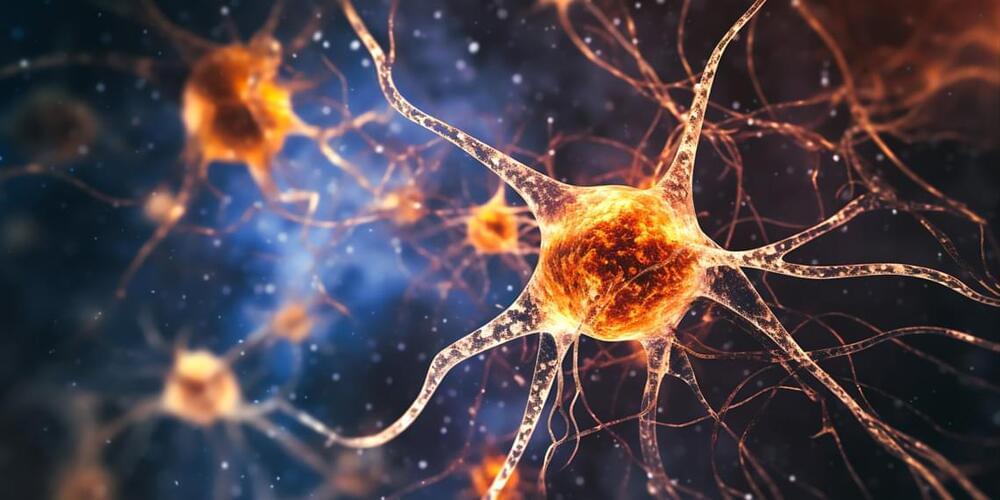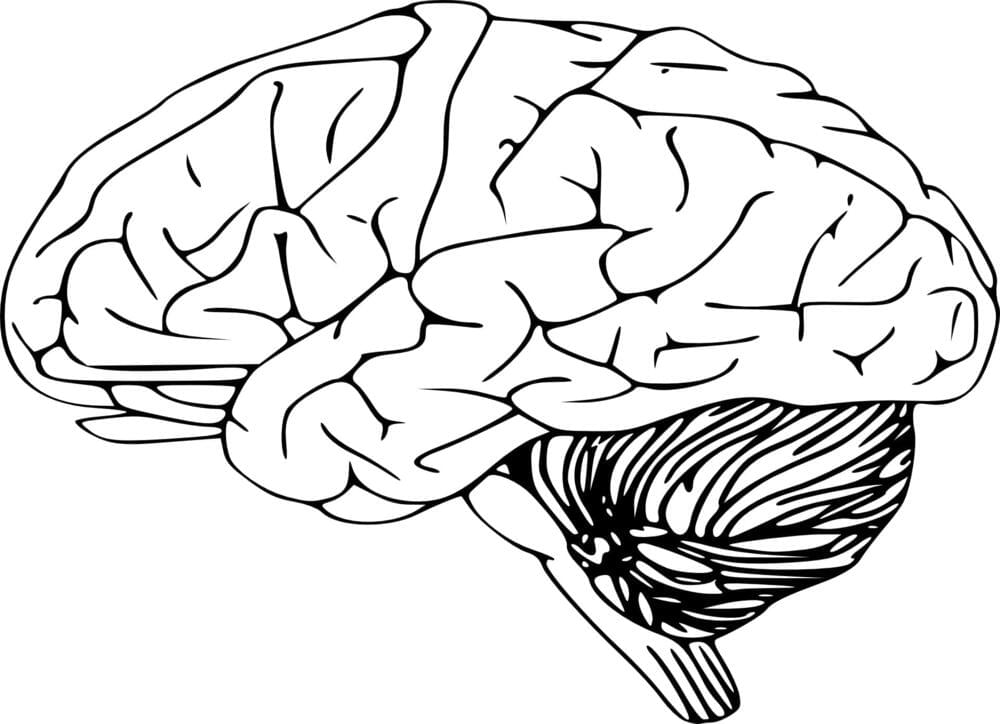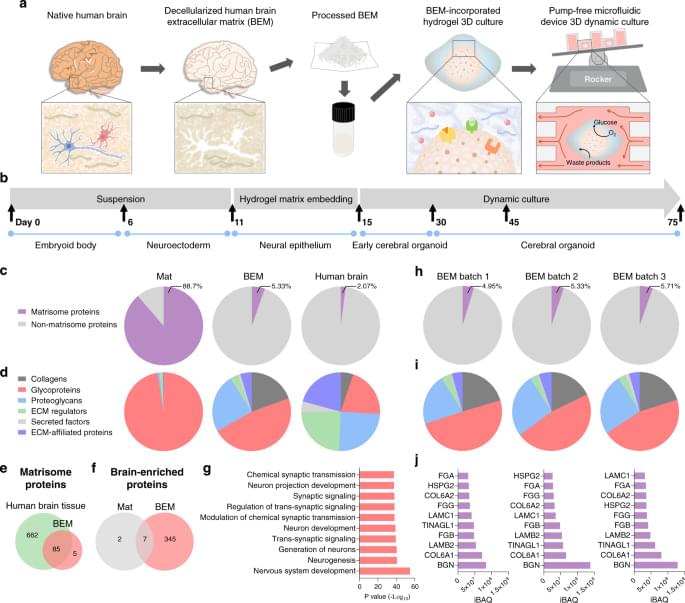A human brain-to-brain interaction experiment lets one man’s thoughts control another person’s movements.



Chemical signals from contracting muscles can influence the growth of brain networks, according to new research published in Neuroscience. The study highlights the importance of physical activity to mental health, and the findings could also help contribute to the development of more effective treatments for cognitive disorders such as Alzheimer’s disease.
Previous studies had shown that exercise has significant benefits for cognitive health, even when initiated at late stages in life. Exercise has been associated with long-term changes in the hippocampus, a brain region crucial for learning and memory, including increased neurogenesis, synaptogenesis, and enlarged volume.
However, the specific mechanisms through which exercise produces these changes in the hippocampus were not well understood. By uncovering these mechanisms, the authors behind the new study aim to develop exercise-based treatments for cognitive pathologies that affect the hippocampus, such as Alzheimer’s disease, stress, depression, anxiety, and normal aging.

Scientists at the University of Texas at Austin have created a “semantic brain decoder” to guess someone’s thoughts based on brain activity.
During tests, it captured the gist of what someone was thinking, rather than a literal translation. And if participants resisted, it produced gibberish.
The decoder, written about in the journal Nature Neuroscience in May, is novel, said Edmund Lalor, an associate professor of neuroscience at the University of Rochester. But its threat to privacy is minimal.

Researchers have long known that brain tumors, specifically a type of tumor called a glioma, can affect a person’s cognitive and physical function.
Patients with glioblastoma, the most fatal type of brain tumor in adults, experience an especially drastic decline in quality of life. Glioblastomas are thought to impair normal brain functions by compressing and causing healthy tissue to swell, or competing with them for blood supply.
What exactly causes cognitive decline in brain tumor patients is still unknown. In our recently published research, we found that tumors can not only remodel neural circuits, but that brain activity itself can fuel tumor growth.

Researchers say they have been able to tap a new pool of organ donors to preserve and transplant their hearts: people whose hearts have stopped beating, resulting in so-called circulatory death.
Traditionally, the only people considered to be suitable organ donors were those who have been declared brain-dead but whose hearts and other organs have continued to function.
There’s another group that would be willing to donate if survival wasn’t possible: people who may have severe brain injuries but who are not brain-dead. In these cases, people are considered deceased when their hearts stop beating after withdrawal of life support, also called circulatory death.


Year 2021
Brain organoids derived from human pluripotent stem cells can model human brain development and disease, though current culture systems fail to ensure reliable production of high-quality organoids. Here the authors combine human brain extracellular matrix and culture in a microfluidic device to promote structural and functional maturation of human brain organoids.
Summary: Researchers unveiled the most comprehensive connectome of the adult fruit fly nerve cord, analogous to the human spinal cord, providing an exceptional resource for the scientific community.
The connectome, constructed from about 23,000 neurons, reveals the intricate network controlling the fly’s motor functions. New insights have already emerged from the data, challenging previous theories on fly movement.
This achievement not only advances understanding of fruit fly neurology, but also serves as a model for similar future projects.
http://dx.doi.org/10.1016/j.neuron.2017.10.
Nishiyama et al. “Virus-Mediated Genome Editing via Homology-Directed Repair in Mitotic and Postmitotic Cells in Mammalian Brain.” Neuron (2017). doi:10.1016/j.neuron.2017.10.
Video produced by https://www.researchsquare.com/videos